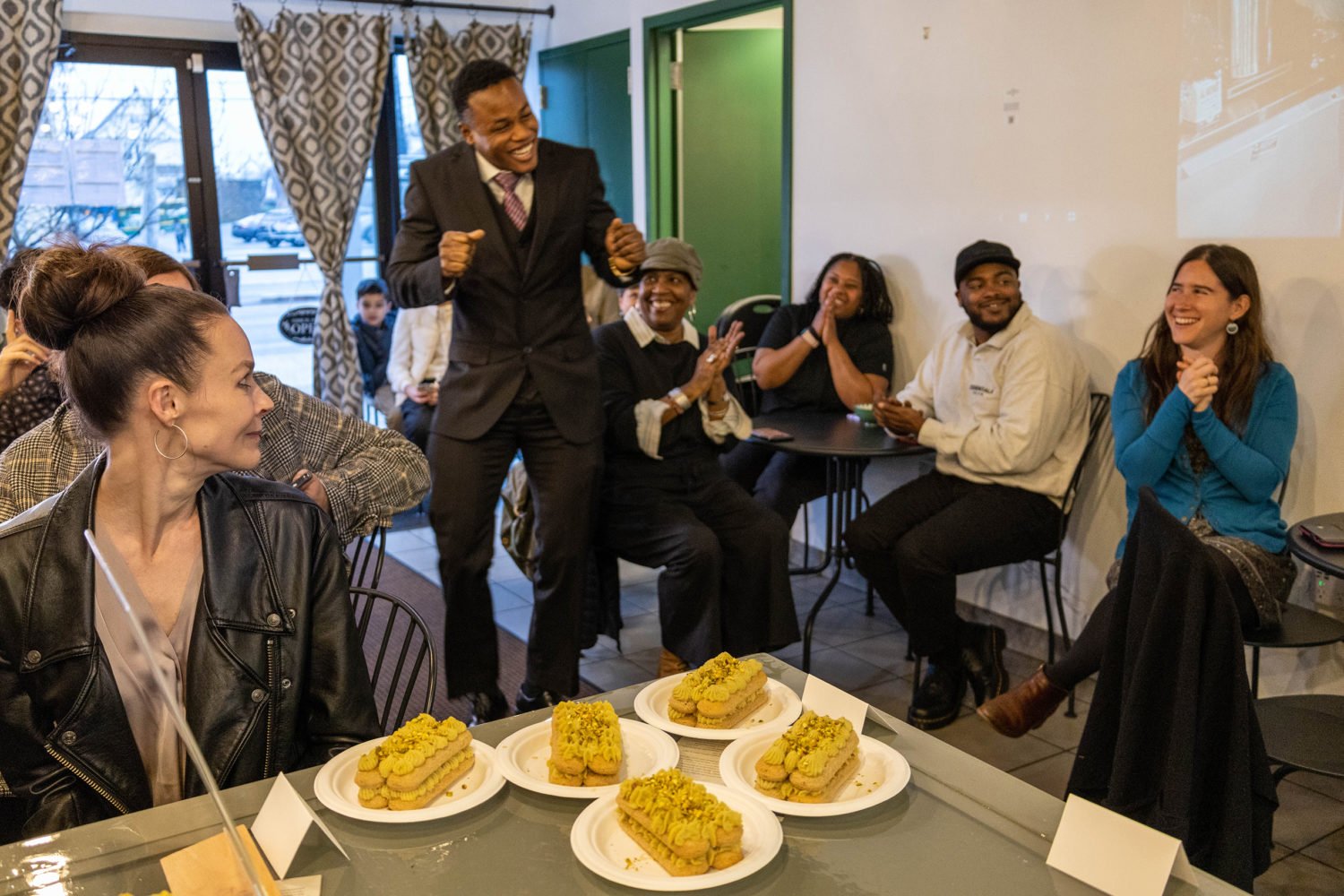As told to Michael Gaynor
In 2001 I was working at the Department of Labor as a deputy assistant secretary for policy. An issue came up that was somewhat controversial, and the Labor Secretary, Elaine Chao, had to go to the White House to present her perspective on it.
There was disagreement between our department and some of the White House staff. Steven Law, the Labor Department chief of staff, was concerned that the issue might go the wrong way. So he asked me, the policy person, to join the Secretary at the briefing.
Beforehand, Law pulled me aside and said, “You’re going to be in the Oval Office for the first time. It’s very intimidating. But this is an important issue and there’s going to be a moment when people are going to look to you. The issue could go either way. You need to stand firm.”
It was still my first year at the department. A friend of mine had told me, “I know you’re there for important policy reasons, but there’s a good chance this will be the only time in your life you’re in the Oval Office. Try to take it in.”
I remember being in the anteroom before the meeting and seeing every famous name in the administration—Karl Rove, Ari Fleischer. It was intimidating.
I entered the Oval Office, was introduced to the President, and sat down. I didn’t know it at the time, but there’s a standard procedure for how these briefings go. There are two chairs that flank the fireplace where the President and Vice President sit. The top White House staff member sits on the couch to the right of the President. The person leading the briefing sits on the left-hand couch. That’s the firing-line seat.
All we were told was “You guys take the left-hand couch.”
A few minutes into the briefing, the issue came up and the President appeared to want to side with the staffers who disagreed with us. There was a silent moment. I knew that was the moment I had been prepped for. So I stepped in and explained that if we didn’t take the right position and get this done early, we’d lose our direction.
My palms were sweating. There was a huge possibility that they were going to say something like “Who’s this guy?” or “Get out of here.” But the President said my point made sense, and he assented.
It was a real kick in the patriotic adrenals—just a good feeling about serving the country. You do this policy stuff to have an impact, and I saw that happen at the highest level.
I went on to work at the White House and brief the President many times. But when I remember that first time, there’s an understanding that simply being at that meeting isn’t what’s important. It’s speaking up at the right moment that’s crucial to making things happen.
I give a lot of credit to Steven Law for his pregame speech. I’ve incorporated that sentiment in almost every pep talk I’ve given to staffers before they brief the President: This is your issue—nobody knows it better than you. This is the time to step up, because if you don’t make the case, no one will.
Tevi Troy has worked in Washington as deputy secretary of the Department of Health and Human Services and deputy assistant and acting assistant to the President for domestic policy. He’s currently a senior fellow at the Hudson Institute and a Washingtonian contributing editor.


















